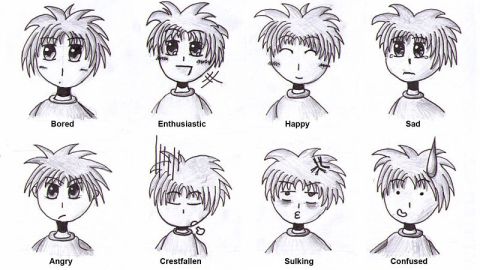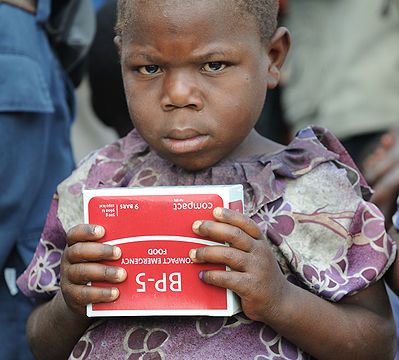Why :) in Boston is ^.^ in Tokyo

A lot of hay has been made in recent years out Paul Ekman’s idea that some basic facial expressions are universal — that all people express and recognize emotions like anger, fear and disgust in the same way, no matter where they grew up.
In one famous study, for instance, people who lived in an isolated region of Papua New Guinea recognized the emotions in photographs of people from cultures of which they knew nothing.
But a paper published last summer in Current Biology suggests that culture does make some difference in interpreting facial expressions. People from East Asia tend to focus more on the eyes to read a facial expression, write Roberto Caldara and his co-authors. As a result, supposedly universal facial signals that Westerners read as either fear or disgust will look the same to East Asians, the authors write.
The cultural difference is visible in emails, said one of the authors, Rachael Jack. Western emoticons emphasize the mouth to convey emotional states: : ) = happy and : ( = sad, for example. But East Asians represent the eyes instead, typing ^.^ for “happy” and ;_; for “sad.”





